I believe that editing is just as important of a skill in street photography as shooting is. We all capture a lot of junk out there, and editing is how you protect yourself from showing that junk. If you saw all my junk, you’d be able to see how terrible a photographer I actually am.
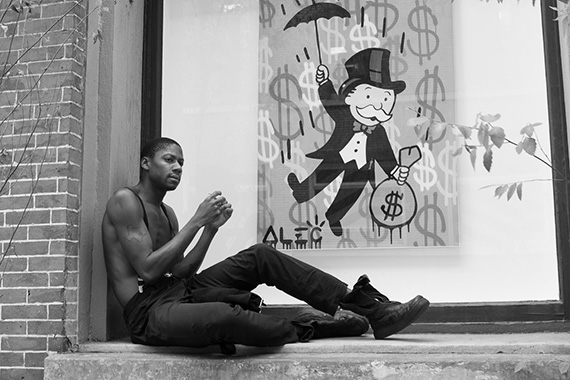
Organizing your street photographs
But more important than that, editing is where you assess yourself. It’s how you slowly build ideas, a style and, ultimately, a vision. The more time you put into editing, the better you are going to be as a photographer when out shooting.
Organization
The most important step by far in the editing process is your organization and choosing your best photographs. The nature of street photography pushes us often to take too many photographs, and when you load them up on your computer, this can cause a lot of problems.
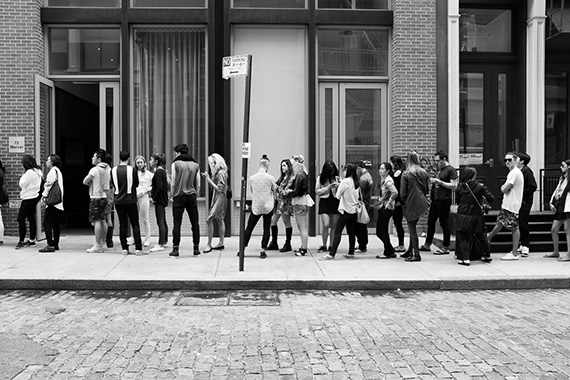
Rating your photos
To fix this, I will go through a folder of photos quickly, giving them five stars for the best, three stars for the ones I’m not sure of and zero stars for the worst of the bunch. There are almost always more zero stars than anything else. I delete all of them. This keeps my archive lean. Within five to ten minutes, you suddenly have a tight, organized group of photographs that you can easily access.
I always go back to old folders later on and make sure to look through the three-starred images. You will find by doing this you will occasionally locate incredible photographs that you missed the first time around. It happens to me all the time.
Only show your best photographs
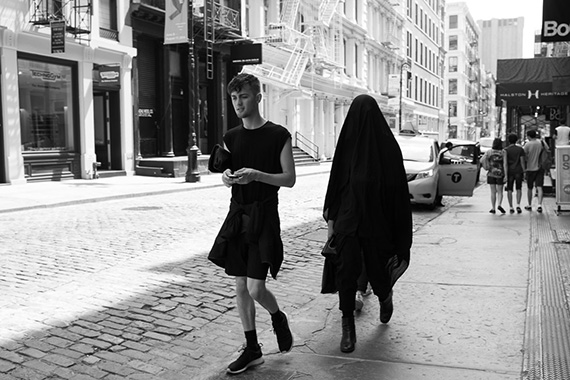
Finding your best shots
The side benefit of being organized is that it helps you become better at figuring out your best shots and not getting lost in giant folders of photos. People will judge your work by the worst photographs, and if you show too many, they will not have the attention span to go through it all and give your work the attention it deserves.
So be ruthless in choosing only the top photographs and forget the rest.
Collections / Projects
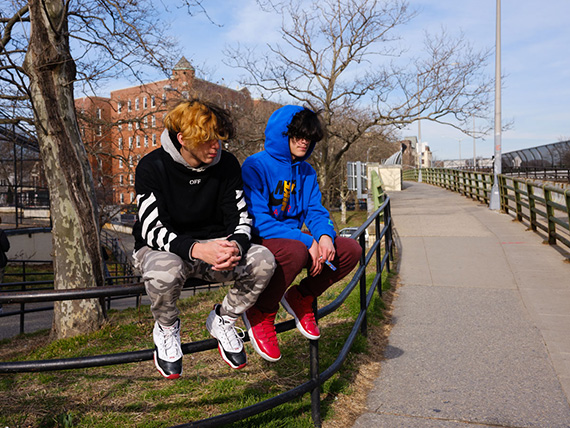
Assembling collections
Start to classify your work into different collections. Search for photographs that fit together based on expression, emotions, ideas or places. The connections could be anything, but as you start to bring like-minded work together, this is how your vision will begin to grow.
Collections will typically start loosely, but over time you will make them tighter and tighter as the work starts to improve. They will evolve significantly from your initial ideas. You will notice more moments when out shooting and eventually come back with better work for it. Also, you will start understanding yourself and your goals better. It’s a fascinating process.
Consistency
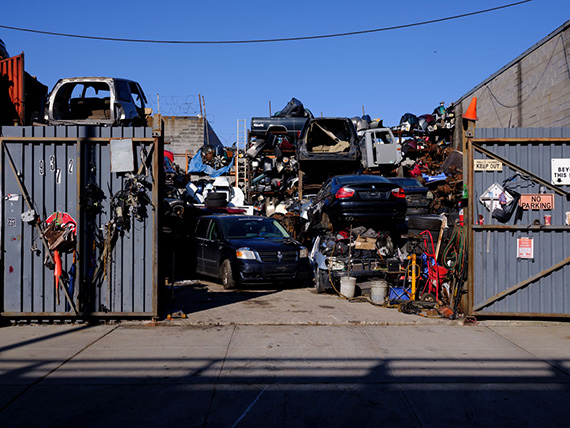
Developing consistency
As your vision starts to develop, so will your consistency. The work will begin to fit together better in theme, idea, emotion and look. As a photographer, you will start to shine through in the work as well.
Now, this isn’t to say that different projects and collections need to look and feel similar. They can be completely different! But this consistency will still show throughout your work in both obvious and subtle ways.
Sequencing and book mockups
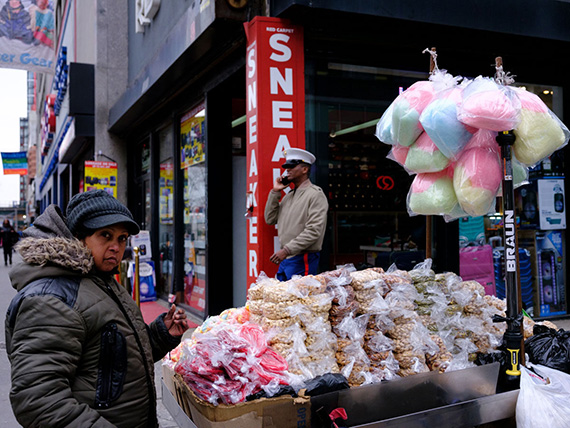
Sequencing into a story
As your collection tightens, the next step is to sequence it into a “story” of sorts. This is a difficult but incredible process wherein your vision starts to take more of a concrete shape. Think about an arc, what photographs work well early, what works in the middle and how the ending might look.
Place importance on how photographs look next to each other, near each other and how they play off each other. Are photographs too similar to work together, do they match too well or are they too different? What do different photographs bring out in each other? The sky is the limit with what you can do here.
Consider whether you want to print out your photographs and paste them into notebooks to sequence, or whether you prefer to try something like the Book Module in Lightroom, which allows you to easily sequence a book and upload it to Blurb to have a mock copy printed for you. I love and utilize both strategies and they both have their purpose.
Photographer research
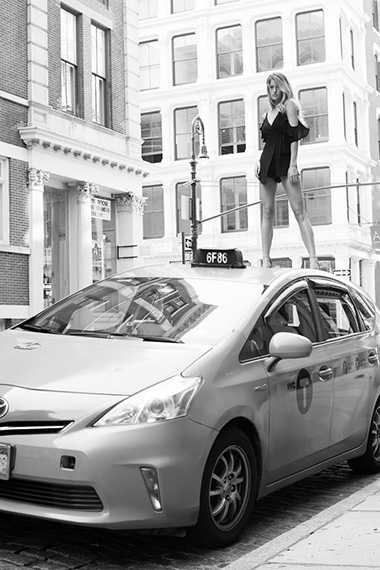
Finding your vision
Alongside all this is photographer research, which is a necessary step for finding your vision. Search for photographers who you relate to and whose work has a feeling that you want to include in yours. Look through their projects and purchase some photo books to get a sense of how sequencing works.
This will educate your eye, help give you ideas for what to shoot when you’re out in the world and help to focus your projects. While you don’t have to copy these photographers exactly, feel free to steal from their ideas and weave them into your vision. Take the best of your favorite photographers and bring it all together to improve who you are as a photographer.
It’s a long, fun, rewarding process doing all of this, but please don’t try to rush it. Shoot a lot, edit a lot, look at great photography a lot and you’ll find yourself improving each day. Slowly but steadily, you will see your work improve in such an incredible way.
About the Author:
James Maher is the author of Essentials of Street Photography, which covers everything about the genre even down to specific post processing techniques that can bring the best out of street scenes.
Like This Article?
Don't Miss The Next One!
Join over 100,000 photographers of all experience levels who receive our free photography tips and articles to stay current:

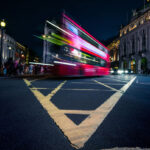
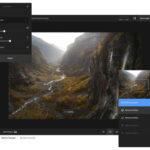
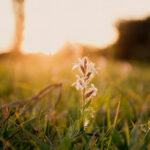


Leave a Reply